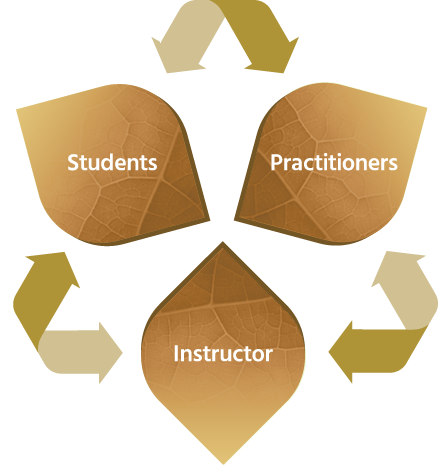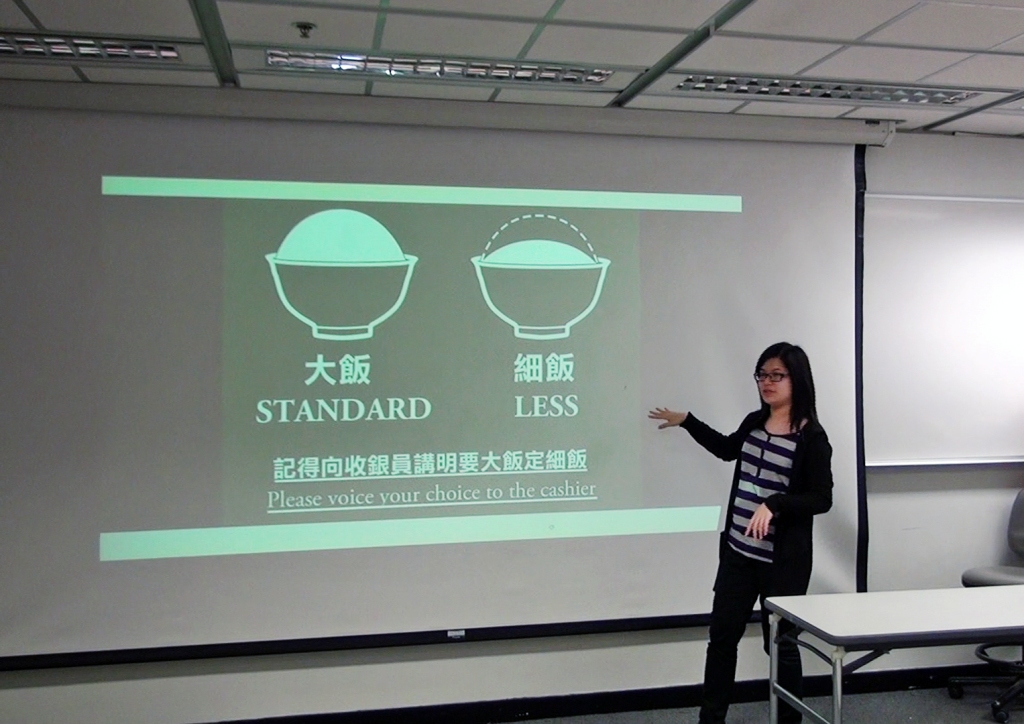What it is
The core feature of this project is the involvement of frontline environmental practitioners in a psychology course assignment. The practitioners offer students insights about some real-world environmental issues, while the instructor equips students with psychological knowledge. Altogether, the students, instructor, and practitioners form a tripartite team.
Why doing this
Under this project, the course assignment becomes closely connected to the real world. Students engage in a more active, self-driven learning process; they can gain hands-on experience on a real-world issue in a real-world setting, and learn from multiple parties. For practitioners, this project serves as a window to explore how psychological knowledge can facilitate their works. Perhaps most important, there is potential for students’ ideas to be really adopted and make real-world impact!

How it works
Stage 1: Workshop and Lectures
Through a workshop and a series of letures delivered by the instructor, students acquire knowledge and skills in psychology.

Stage 2: On-site Visits
Through a series of on-site visits hosted by the practitioners,students learn more about various real-world environmental issues—all in a local, real-world setting (e.g., canteen, computer barn).

Stage 3: Proposal Presentation
Based on what they have learned, students proposes an intervention that aims to promote a green action to address a specific environmental issue in a specific setting. They receive feedback from multiple parties.

Stage 4: Implementation
Students put their ideas into practice—they implement their proposed intervention, and make observations before, during and after the implementation to evaluate its effectiveness.

Stage 5: Final Presentation
Students report their findings and make recommendations for the relevant parties.

